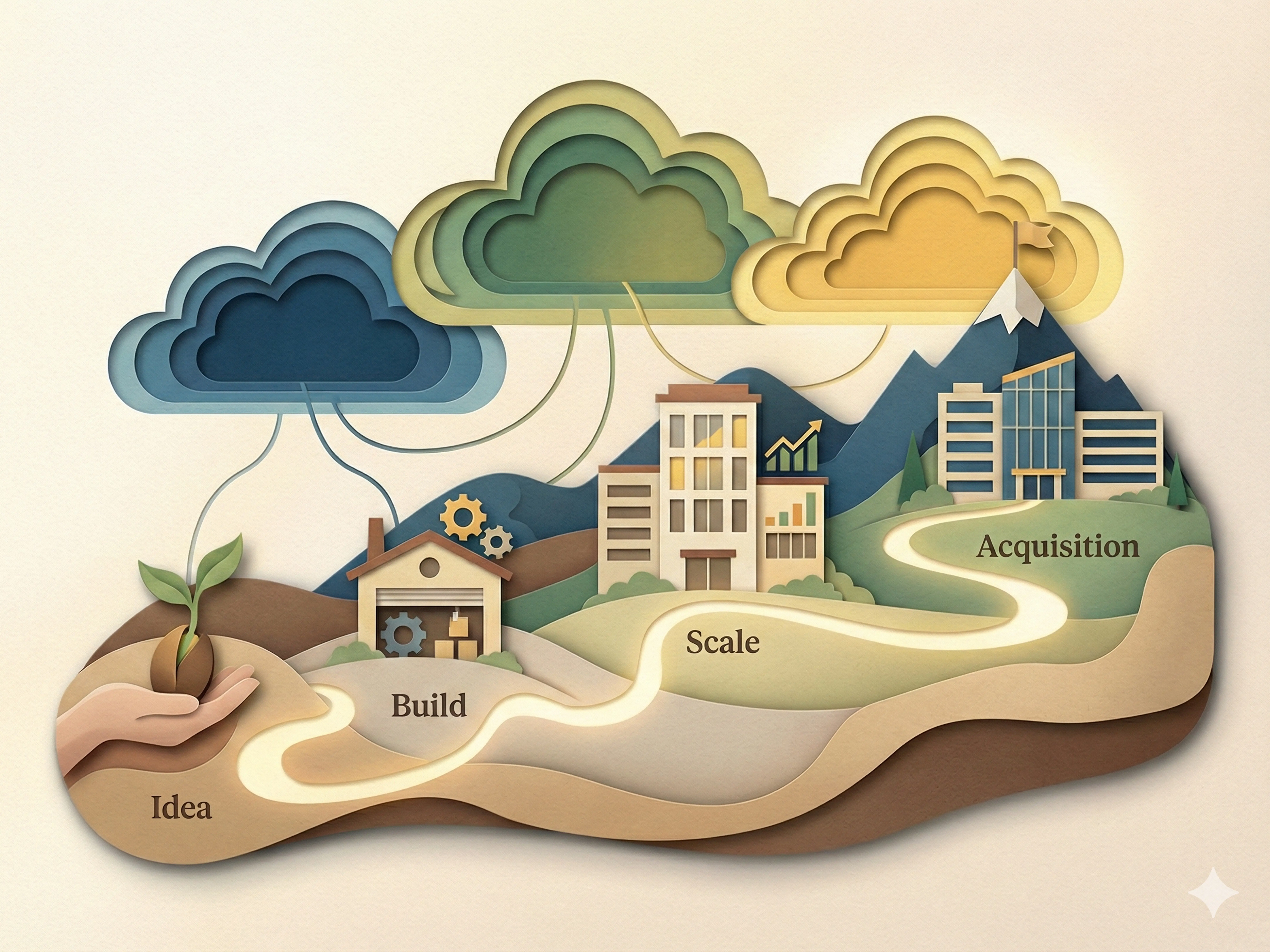The five-day World Economic Forum (WEF) began today. The annual event gathers leaders from across the globe in Davos, Switzerland to discuss the latest economic, social, and political issues. This year’s theme is Cooperation in a Fragmented World and many of the sessions are relevant to the fintech industry.
I combed through the agenda and highlighted the sessions that are most worth watching below. WEF allows the public to watch live via its website or watch the session recordings on its YouTube channel. The meat of the event begins tomorrow, and here’s what I’ll be paying attention to.
January 17
Staying Ahead of a Recession
With the risk of a recession in 2023 continuing to loom over major economies, what steps can leaders take to make a potential recession as short and as shallow as possible?
Financial Institutions: Innovating Under Pressure
At a time of large-scale macro shocks, how do financial actors respond to ongoing disruptions while keeping pace with technological advancement?
Technology for a More Resilient World
In the face of a challenging decade, technology can be a critical tool in the transition to a cleaner, safer and more inclusive world. How should leaders be thinking about the strategic opportunities for technology to be an accelerator of progress in this new context?
Private Equity in the Real Economy
Maximizing impact across the risk/return continuum and alternative asset classes has become a fast-growing trend within the investing industry. How does private equity transform the real economy through its increased focus on impact?
Tokenized Economies, Coming Alive
Tokenization can allow almost any real world asset to have a digital representation on a blockchain. Given its transformational potential, which sectors will see the biggest influence from tokenization in terms of resilience, innovation and social impact?
Generative AI
As artificial intelligence moves from analyzing existing data to creating new text, images, and videos, how will these improvements shift the augmentation versus automation debate and what implications will it have for industries?
January 18
Protecting Cyberspace Amid Exponential Change
The confluence of rising cyberattacks and a complex geopolitical backdrop creates an increasingly challenging environment for decision-makers to predict, prioritize, and respond to cyber risks. How can leaders foster a more secure and resilient digital ecosystem to prepare for future cyber shocks?
Tradetech Meets Fintech
The digitization of all aspects of international supply chains and transactions is enabling more accessible and reliable trade, financing, and payments. How can the emergence of tradetech be accelerated to meet the world’s needs?
The Quantum Tipping Point
Quantum technologies have massive potential in a wide array of domains, from finance to energy. With these technologies holding the promise of unleashing new discoveries, security and performance, how close are we to a true quantum revolution of industries?
Press Conference: Global Cybersecurity Outlook 2023
Geopolitical developments and the implementation of emerging technologies have re-shaped the cyber-threat and increased organized cyber-attackers’ potential for harm. This is exacerbating our interconnected energy, economic, and geopolitical crises.The Global Cybersecurity Outlook 2023 examines the cybersecurity trends that will impact our economies and societies in 2023. The report includes the results of new research on how leaders are responding to cyber threats now and provides recommendations on what leaders can do to secure their organizations in the year to come.
In the Face of Fragility: Central Bank Digital Currencies
Over 100 nations are exploring central bank digital currencies (CBDC) and each has a different motive for implementation, now exacerbated by geopolitical fragility and financial instability. What can we learn from countries that have implemented CBDC solutions and can they provide resiliency in the face of global risks and the high-inflation, low-growth, high-debt economy?
The Role of Finance in a Recovery
Many global economies are already in, or are projected to enter, recession in the near future. How can the global financial system support corporates and individuals to preserve jobs, maintain livelihoods, and drive further and much-needed innovation?
Investing in AI, With Care
As early backers of technology, investors wield great influence over which technologies are more likely to see the light of day. There is an opportunity for investors to work closely with their investee companies to ensure benefits are maximized and risks are mitigated, especially in technologies like AI. What metrics and tools can investors use to guide and shape investments in trusted and responsible technology systems?
Turning Technologies Into the Markets of Tomorrow
The promise of new technologies does not always translate into economic progress, while tried and tested technologies can be the key to unlocking growth and transformation. How should policy-makers and businesses balance the role of new and old technologies?
January 19
Financial Inclusion Beyond Access
Despite progress over the past decade, 24% of adults remain unbanked and about only half of all adults in developing economies can access funds within 30 days to cover an unexpected expense. What more can technology advancements and cross-sector coordination achieve to increase inclusion for underserved individuals and businesses?
From Mass Data to Mass Insights
New technologies to generate insights without exposing the underlying data is ushering in a new era for value creation in the digital economy. From mapping the genome to reducing the carbon footprint, how can business leaders unlock value from data collaboration at scale?
Investing in the Worst of Times
The scale of uncertainty in today’s markets is severely disrupting an already challenging investment landscape. How are the world’s largest investors adjusting to this unprecedented context and what effect will their asset allocation decisions have on the economy at large?
Finding the Right Balance for Crypto
The boom and bust in the crypto markets, compounded by the dramatic volatility in 2022, has left many with questions about the future of blockchain innovation. What would it take to craft sufficiently robust regulation to realize the benefits of digital currencies while ensuring positive macroeconomic and societal outcomes?
January 20
How to Turbocharge Development Finance
The key to scaling up financing for growth-related investments in developing countries lies in reorienting and expanding the role played by international financial institutions to plug potential funding gaps. How can these institutions help scale up financing for the broader economic, environmental, and social agenda?
Global Economic Outlook: Is This the End of an Era?
The engines of global growth are slowing and the number of households and businesses facing economic distress is rising. What does the future of growth look like and what policies are needed to stabilize the global economy?
Photo by Evangeline Shaw on Unsplash






































